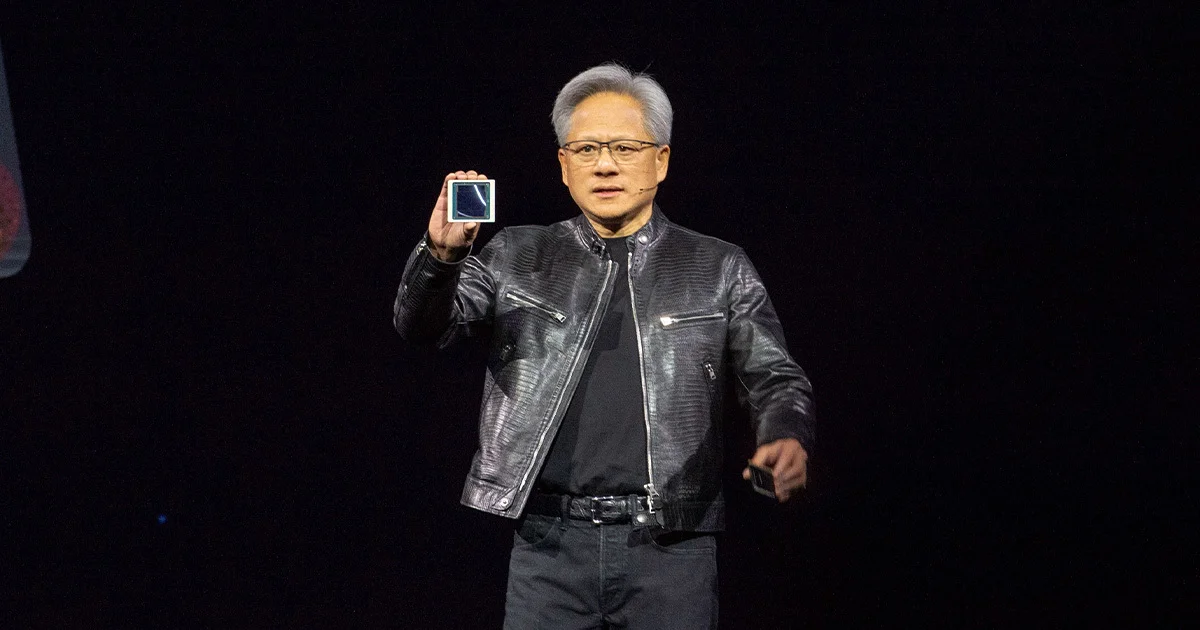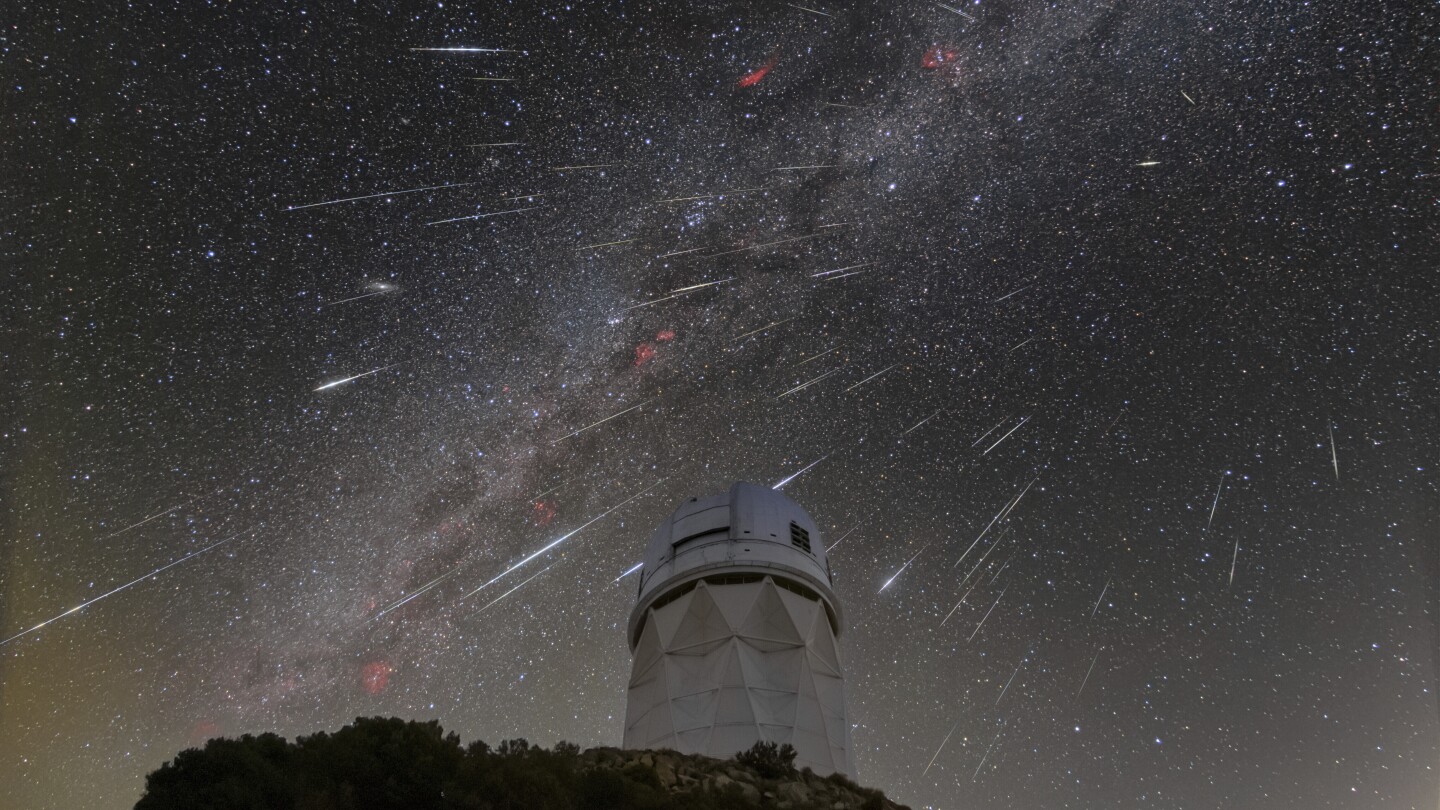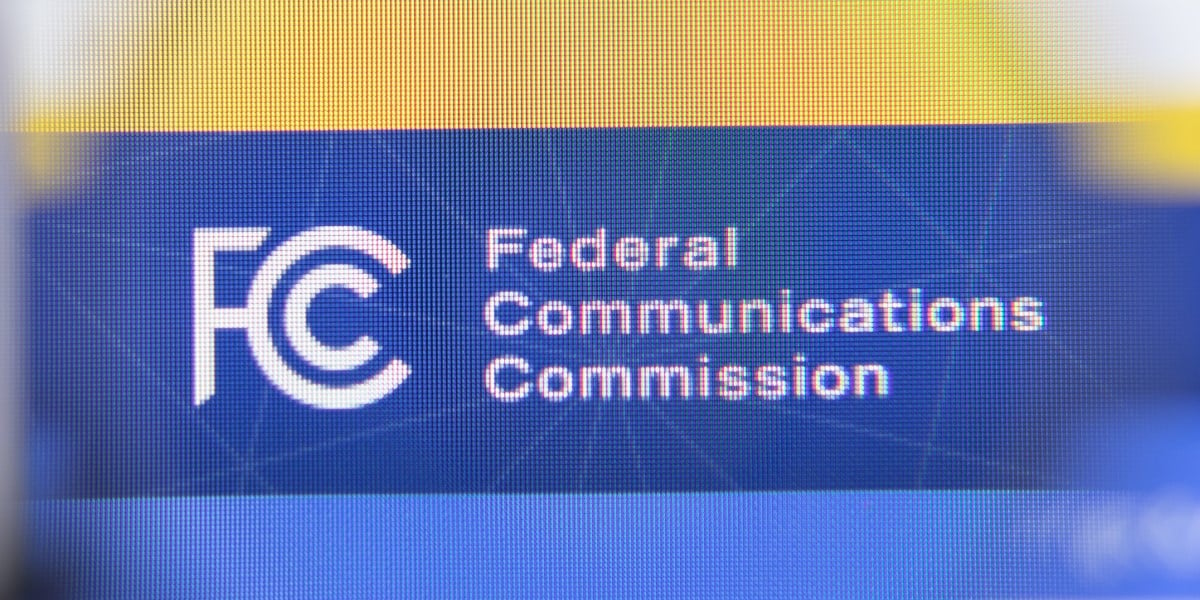Aida Daily: DOJ vs Google / Russia's Nuclear Shift / Nvidia's GPU Delays / Dark Energy's New Twist
Aida Daily
Hello, curious minds! The DOJ is eyeing Chrome for a potential breakup, and Russia's nuclear stance is heating up. Plus, Nvidia's GPUs are feeling the burn—literally. Dive into today's news drama!
DOJ Targets Google: Time to Break Up Chrome?

In a bold move on November 20, 2024, the U.S. Department of Justice plans to court-mandate Google to divest its Chrome browser from Android, aiming to curb the tech giant's 90% search market monopoly. Alongside demands for greater ad transparency, the DOJ steers clear of dismantling Android itself, prompting Google to vow a fierce appeal, warning of consumer chaos.
If the court agrees, the browser battlefield could heat up, and digital ad dynamics might just get a makeover. Will Chrome face the ultimate breakup?
Russia Lowers Nuclear Threshold Amid Ukraine Conflict

On the 1,000th day of the Ukraine war, President Vladimir Putin has revised Russia's nuclear doctrine, permitting retaliation even for conventional attacks backed by nuclear powers. This shift follows Ukraine's deployment of US-made ATACMS missiles into Russian territory, heightening tensions. The updated doctrine also includes threats like missile defenses and hypersonic weapons. Kremlin spokesperson Dmitry Peskov called it a 'new phase,' while Russia begins mass-producing mobile nuclear shelters. Meanwhile, Pentagon officials assure there’s no imminent nuclear threat, viewing the move as deterrent.
Nvidia's Blackwell GPUs Heat Up Shipment Delays

Nvidia's cutting-edge Blackwell AI GPUs are overheating in server racks, delaying shipments to major players like Microsoft, Google, and Meta by three months. Designed to house 72 chips and consume up to 120kW per rack, flaws in TSMC’s packaging tech caused thermal issues. Despite a dip in stock, CEO Jensen Huang remains optimistic, with mass production revisions completed in October and shipments expected late January. Nvidia is partnering with suppliers to cool down the competitive AI rollout.
Dark Energy's New Tune: Universe's Expansion Hits a Twist

Breaking cosmic news! The Dark Energy Spectroscopic Instrument (DESI) team reports that dark energy may be evolving over time, not the steadfast force they once believed. This shakes up Einstein-approved cosmological models and sparks debates on whether the universe will stretch forever or face an unexpected finale. As scientists reevaluate their theories, the fate of the cosmos remains intriguingly uncertain. Grab your telescopes—this dark energy drama is just heating up!
Brendan Carr Takes the Helm at FCC with Bold New Agenda

In January 2025, President-elect Donald Trump appointed Brendan Carr as FCC Chairman. With nearly two decades in tech policy, Carr plans to ban TikTok, reform Section 230, and boost space broadband for rural areas. He vows to break Big Tech’s "censorship cartel" and slash ISP regulations, all while nixing net neutrality. Carr’s push for 5G and telehealth modernization promises big changes, sparking debates on free speech and the future of digital America. Buckle up!
Baltic Sea Bandwidth Blow: Cables Severed Amid Tensions

On Sunday, November 17, two undersea cables in the Baltic Sea—linking Lithuania to Sweden and Finland to Germany—were damaged, slashing Lithuania's internet bandwidth by a third. German Defence Minister Boris Pistorius suspects sabotage, pointing to the cables' close proximity and escalating tensions with Russia. Finland's Helsinki-Rostock link is also offline, though alternative routes keep German-Finnish internet steady. Investigations by Sweden, Lithuania, and others are underway, with repairs expected in weeks, weather permitting. Past attacks like the 2022 Nord Stream explosions heighten concerns.
Birmingham Illuminates Photon Shape

In November 2024, University of Birmingham researchers published in Physical Review Letters the first-ever precise shape of a single photon. Using advanced computer models, they simplified complex light-matter interactions, revealing how photons behave in various environments. This breakthrough enhances technologies like secure communications, quantum computing, and advanced sensors. By turning data 'noise' into meaningful insights, the team paves the way for better energy solutions and nanophotonics. Cheers to the photon detectives making light (literally) smarter and brighter!
Ancient Genes Give Birth to Modern Mice

Scientists from Queen Mary University of London and the University of Hong Kong have unleashed a chimera mouse by introducing billion-year-old genes from single-celled choanoflagellates into mouse cells. Published in Nature Communications, this breakthrough challenges evolutionary timelines and paves the way for regenerative medicine advancements. By swapping the mouse's Sox2 with ancient counterparts, the resulting mouse sports unique traits like black fur patches, proving old genes still have their groove. Who knew ancient single-celled organisms had such flair?
Niantic's Geospatial Genius: From Pokémon Go to AI Navigation

Niantic is leveraging over 10 million player scans from Pokémon Go and Scaniverse to develop its Large Geospatial Model (LGM), processing a million new scans weekly. This AI powerhouse, built with 50 million neural networks and 150 trillion parameters, powers a Visual Positioning System with centimeter accuracy. Beyond gaming, LGM promises advances in AR, robotics, and autonomous systems. Who knew your PokéStops were the stepping stones to smarter AI?
Celebrity Voices Under Siege: AI Cloning Outpaces Laws

AI voice cloning is sprinting ahead of regulations, leading to unauthorized use of voices from stars like David Attenborough and Jennifer Aniston. Attenborough called it 'identity theft' after his voice featured in biased reports. With scams skyrocketing, experts such as Dr. Jennifer Williams are urging lawmakers, including Congressman Ted Lieu, to act. As the market balloons from $2.13B in 2023 to $6.25B by 2028, global cooperation is crucial to safeguard personal identities and curb misuse.
EdTech CEO Arrested for $10M Fraud

In a plot twist worthy of a tech thriller, Joanna Smith-Griffin, ex-CEO of AllHere Education and a Forbes '30 Under 30' star, was nabbed in North Carolina on fraud charges this week. Allegedly, she misled investors by inflating revenues and faking school contracts, pocketing $10M since 2020. AllHere, famed for its AI chatbot 'Ed' aiming to boost student attendance, has been bankrupt since June 14, 2024. Smith-Griffin now faces serious securities and wire fraud charges.
Naujienlaiškis „Aida Daily“
Your AI-curated daily news briefing, spotlighting the latest in technology and global development. Stay informed with insights that matter.